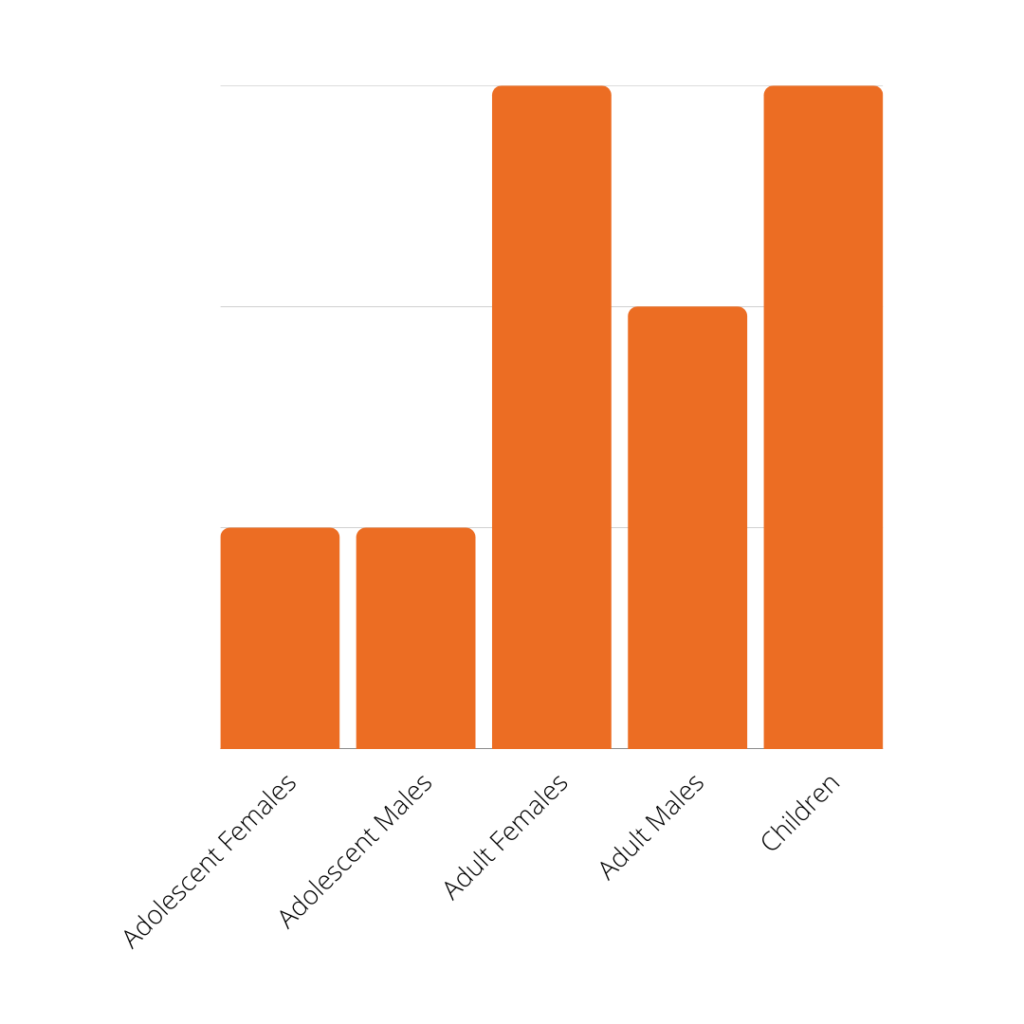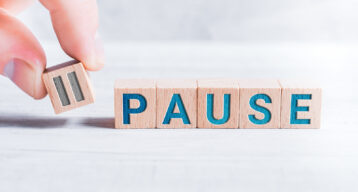
by Kate McLaughlin
Why do more women attend therapy compared to men?
When conducting the State of Mind Survey with therapists from around the Northwest, we found that most clients attending therapy, were women.
So why are more women attending therapy compared to men?

Everyone has mental health and in recent years there has been an increase in mental health awareness and many people are now prioritising their health and wellbeing. The stigma surrounding mental health is also decreasing, slowly.
The rise in mental health problems in both adult females, adult males, and children and young people have increased recently. It’s no surprise following a turbulent few years due to the pandemic that more people are searching for help, and sometimes, people get ordered through local authorities to seek psychotherapy services. It’s worth noting that the amount of adolescent females and males that have come for therapy have been the same – it is highly likely this is due to an adult making the decision they need to attend therapy.
Women’s Mental Health

One in five women have a common mental health problem such as depression or anxiety and there are a number of social and economic factors that can put women at a greater risk of poor mental health compared with men.
One of these factors includes hormones and 8-15% of women experience postnatal depression after giving birth.
Women are also more likely to develop an eating disorder in comparison to men, especially younger women. This has severely increased with the rise of social media platforms and picture editing.
Men’s Mental Health

Three times as many men die by suicide compared to women, with men aged between 40-49 having the highest rates in the UK.
Men also report lower levels of life satisfaction than women according to the Government’s national wellbeing survey. However, they are less likely to access psychological therapies than women.
Men are more likely to act out their feelings through disruptive or anti-social behaviour and will often turn to alcohol and drug use, this can cause a vicious circle and worsen mental health problems. They find coping mechanisms, that aren’t things like talking, before seeking help from others.
Why do more women attend therapy compared to men?
When talking about mental health and difficult feelings, both women and men will often internalise the feelings they are experiencing. The biggest difference between the two is the coping mechanisms they rely on – as stated before, men turn to outlets such a alcohol and drug use, while women prefer to talk about their feelings.
However, women tend to have better social networks and find it easier to confide in their family and friends. This makes women more likely to seek advice and attend therapy.
This can also stem back to the stereotypical divide between men and women and their societal roles. Men are expected to “get on with it”, which can make it difficult for them to feel as though they can talk freely without judgment.
These stereotypes, although now being challenged more, cause stigma around talking about mental health, which stops men from speaking out and seeking help, and possibly why they turn to these other outlets instead.
At JSA Psychotherapy, we have a wide range of psychotherapists, both male and female, who specialise in a variety of different therapies to help clients feel at ease and accommodate to their preferences. You can find the different services we offer here.


